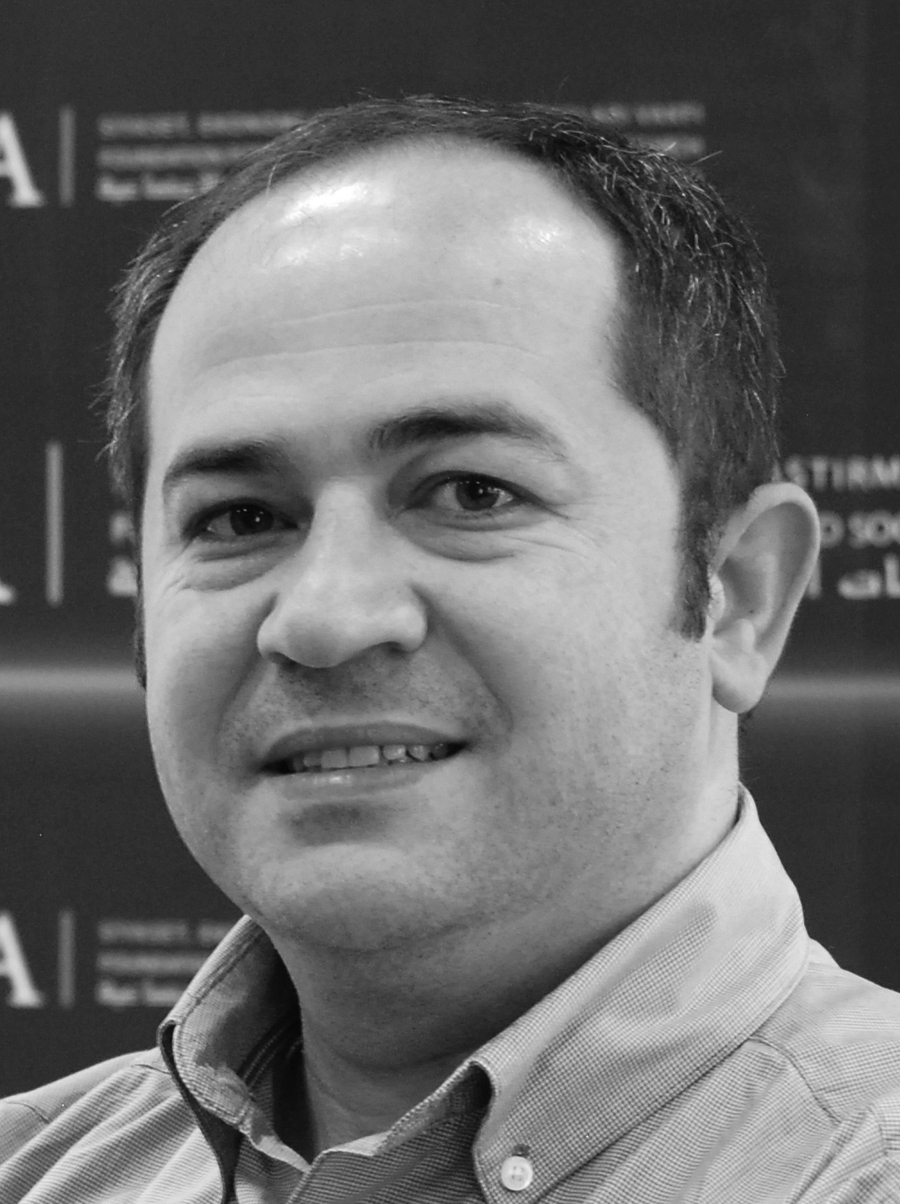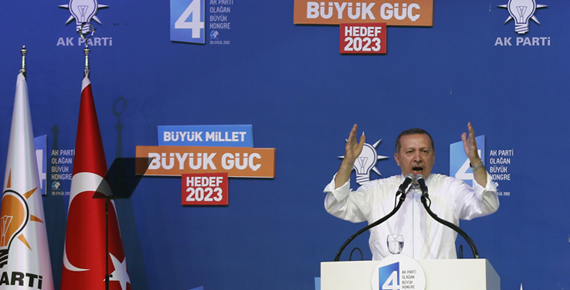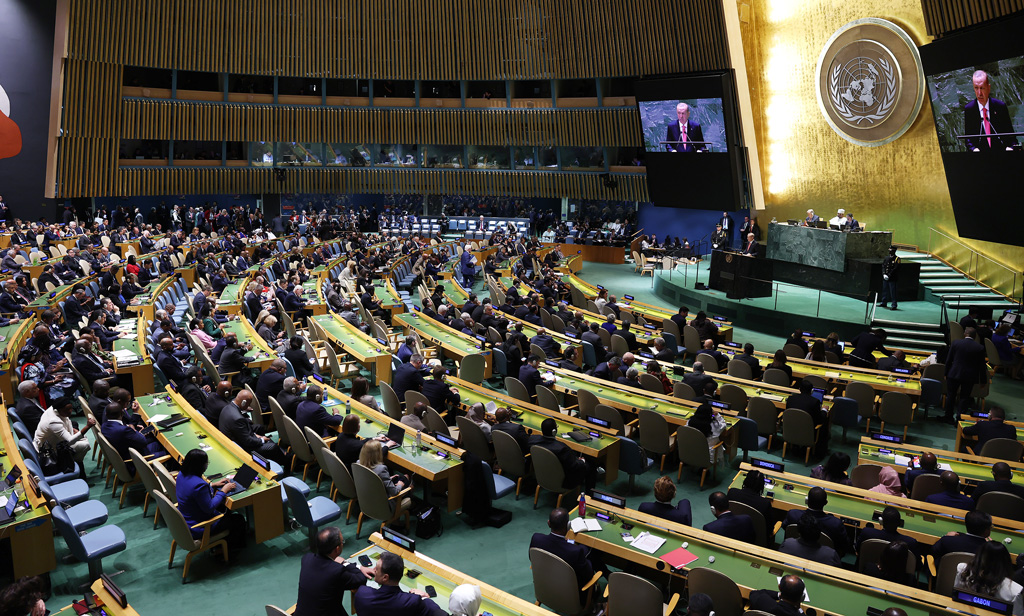It has been a week since the AK Party held its 4th Congress. With a few exceptions, much of the debate revolved around Erdoğan’s speech. Given the hype surrounding the event, it was already almost impossible for his speech to meet expectations. Moreover, because Erdoğan did not dwell on political reforms, the congress—which was equated with Erdoğan’s speech—attracted adverse comments.
In fact, the congress gave significant hints about how the AK Party and Turkish politics have developed over the last decade. In this sense, one must analyze the congress from the perspectives of the messages given in the speech, the political vision explained in the leaflets which were distributed and the leaders who were invited to the congress, instead of only focusing on the speech. All three instruments had clear missions. For instance, the speech defined the political identity of the AK Party while the leaflets represented the political vision of the AK Party and the invited leaders represented the Turkey’s regional position. In brief, it is possible to analyze the congress in light of many instruments from many perspectives. The congress’s most outstanding contribution to the AK Party and Turkish politics was that it offered crucial hints to define the identity of the AK Party and the new dynamics of its politics. The congress offered much to discuss, from the content of the Prime Minister’s speech and the distributed leaflets to the leaders invited to the congress and their speeches, from the identity of the AK Party to the political orientations of the AK Party and Turkey.
THE NEED TO DEFINE ONESELF
Those who were dismissed from the government during the February 28 process in the wake of a military coup d’état, those whose political parties were closed, and those who were alienated by most of the leading actors unified around a leader who was put in prison due to his identity and together established the AK Party. In a time when the government that failed to grasp the sociological dynamics of the 1990s regarded demands as “treason” and declared total war, the AK Party—which was established out of the quest by excluded actors and groups for a “way-out”—came to power after fourteen months.
The AK Party has had difficulty in defining itself since its establishment. Instead of proposing multiple definitions, the AK Party has preferred to reject suggestions for a definition. It has focused on correcting misunderstandings in order to protect itself from the actors of the February 28 process who obsessively continued to make plans for a military coup, to dispel concerns of people who regarded the AK Party as “dangerous” due to the ideological apparatus of the government and to receive support from the majority of society who turned its back on political parties marginalized by the system and sought a “strong” actor.
The AK Party even adopted a “conservative democrat identity” and gave it as proof that it had broken away from the National Vision (Milli Görüş) tradition and that it is not an Islamist party. Being held responsible for proving that it changed in the first years of its establishment, the AK Party was constantly accused of having a “secret agenda” and imposing pressure on different lifestyles after it strengthened power. Even during those times when it waged the most heroic democratic struggle in the Republic’s history and made democratic gains against the tutelary regime that none of the governments accomplished before, the AK Party was and is accused of being authoritarian, conservative or, to put in the simplest of terms, of being a “forced democrat.” In short, the identity issue has always been a test for the AK Party.
THE NORMALIZATION OF POLITICS
How should one evaluate the political profile presented by the AK Party in the congress? The religious-historical references in Prime Minister E









